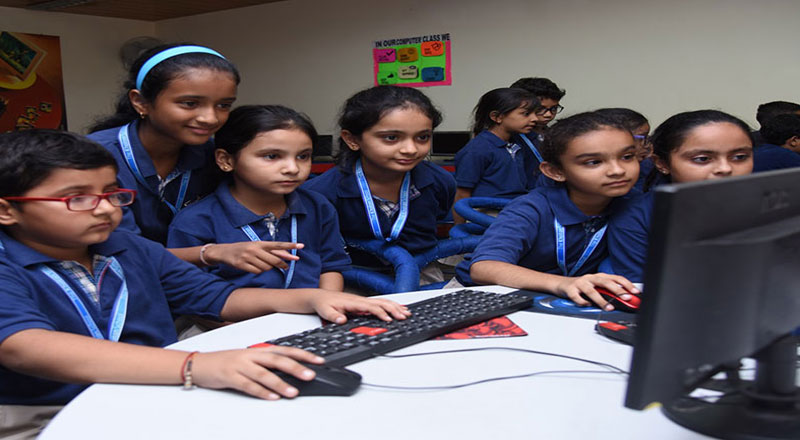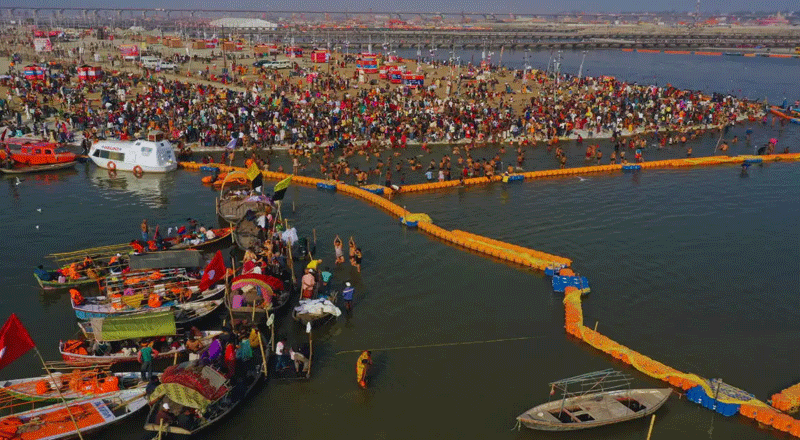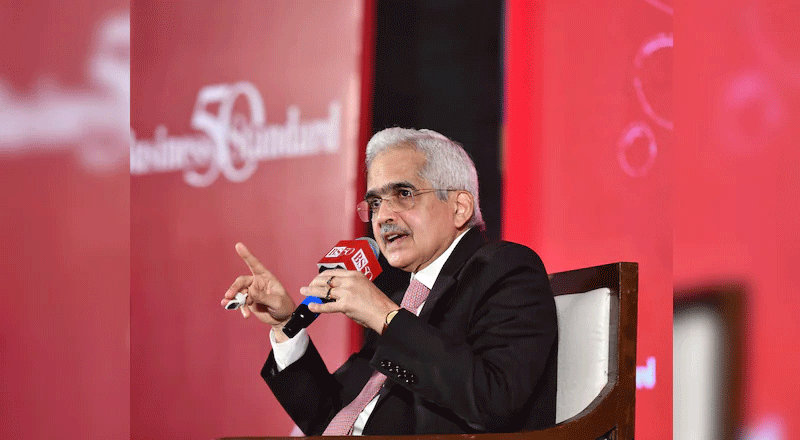Education is in the concurrent list of the Constitution and majority of the schools are under domain of respective State and UT Government. However, in order to ensure that every student including those residing in rural and educationally backward districts of the country, gets continuous access to education, a multi-pronged approach has been adopted by the Department of School Education and Literacy, Ministry of Education.
A comprehensive initiative called PM e-Vidya has been started as part of Atma Nirbhar Bharat Abhiyan on 17th May, 2020, which unifies all efforts related to digital/ online / on-air education to enable multi-mode access to education. The initiative includes the following components:
- DIKSHA the nation’s digital infrastructure for providing quality e-content for school education in states/UTs: and QR coded Energized Textbooks for all grades (one nation, one digital platform)
- One earmarked Swayam Prabha TV channel per class from 1 to 12 (one class, one channel)
- Extensive use of Radio, Community radio and CBSE Podcast- Shiksha Vani
- Special e-content for visually and hearing impaired developed on Digitally Accessible Information System (DAISY) and in sign language on NIOS website/ YouTube
Where the digital facility (Mobile Device/ DTH television) is not available, Ministry of Education has taken many initiatives like Community Radio Stations and a podcast called Shiksha Vani of CBSE, Textbooks, worksheet supplied to residence of learners, Handbook on 21st Century Skills and community/ mohalla classes are organized.
Department of School Education and Literacy has launched the Samagra Shiksha – an Integrated Scheme for School Education from 2018-19. It envisages the ‘school’ as a continuum from pre-school, primary, upper primary, secondary to Senior Secondary levels. It is an overarching programme for the school education sector extending from pre-school to class XII and aims to ensure inclusive and equitable quality education at all levels of school education. Samagra Shiksha is implemented in partnership with all the States and UTs and financial assistance is provided to all States and UTs for various components including strengthening of ICT infrastructure in schools. Under Samagra Shiksha, ICT component envisages covering all Government and Aided schools from classes VI to XII and Teacher Education Institutions (TEIs), subject to the availability of budgetary provision.
ICT component covers Government and Aided Schools having classes from VI to XII which will enable use of ICT resources from younger grades. ICT Labs are approved in 120614 schools and Smart classrooms are approved in 82120 schools. Total 1482565 TABs have been sanctioned to the teachers dealing primary classes.
Innovation Funds of the Department are used to set up mobile school, virtual studios, virtual class rooms in schools. Continuous Learning Plan (CLP) for states/UTs has been initiated in all States/UTs, pre-loaded tablets in various states and UTs are effectively used in remote rural areas where online classes are difficult.
PRAGYATA guidelines were issued to the States/UTs to facilitate continued education through various modes. The guidelines inter-alia include situation where internet connectivity is not available or available with very less bandwidth, resources are shared through various platforms like television, radio etc. that do not depend on internet. Similarly, Students Learning Enhancement Guidelines were released in 2020 to support learning of children during COVID-19. Guidelines for development of e-content for children with special needs have been released. Guidelines for parent participation in Home- based learning during school closure and beyond have also been released in 2021.
Besides, the Ministry has undertaken a proactive initiative, named, ‘MANODARPAN’ covering a wide range of activities to provide psychosocial support to students, teachers and families for Mental Health and Emotional Wellbeing during the COVID outbreak and beyond. The Central Government is constantly advising States/UTs through guidelines and meetings with respect to interventions for reducing impact of pandemic on education. Some of the guidelines issued so far are given below:
| S.No. | Intervention | Links of Guideline |
| 1 | PRAGYATA Guidelines on Digital Education | https://www.education.gov.in/sites/upload_files/mhrd/files/pragyata-guidelines_0.pdf |
| 2 | Guidelines for developing E-content for CWSN | https://dsel.education.gov.in/sites/default/files/2021-06/CWSN_E-Content_guidelines.pdf |
The information was given by the Minister of State for Education, Smt. Annpurna Devi in a written reply in the Lok Sabha today.





